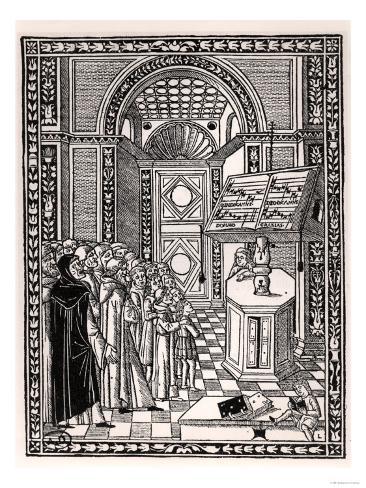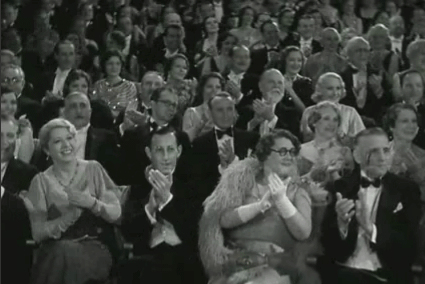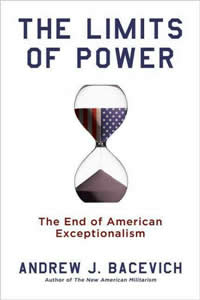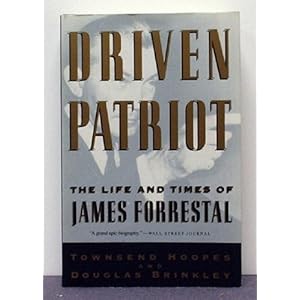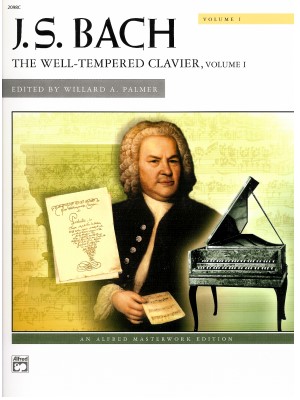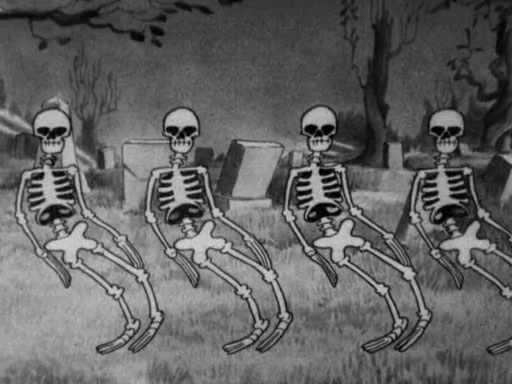We are having our bathroom floor redone and the workmen have been showing up good and early for the last three days. This means I have a bit less time to blog for some reason. They should get here about ten minutes and hopefully finish the job.

Yesterday, Eileen helped me run down the songs usually associated with all the service branches: Anchors Aweigh, From the Halls of Montezuma, Off we go into the wild blue yonder, The Caisson Song, & Semper Paratus (Always Ready) – I think this is the Coast Guard one. I am playing a party for Veteran’s Day tomorrow at my Mom’s rest home. Most of the patriotic hymns are in the hymnal and are scheduled to be sung in a little ceremony. They asked if I could have these others up my sleeve as well.

I also had an interesting email exchange with my former teacher, Craig Cramer, about that passage I mentioned in Buxtehude. It turns out that Craig is actually performing this piece Sunday a series of concerts in which he performing all of Buxtehude’s organ music so the question was apropos.
His comments were helpful. And it was fun to actually talk shop with someone about Buxtehude. I need to get more of the Broude edition, I guess.
Finally, I decided that since my piano trio is scheduled to play a movement from a Mozart piano trio on the first Sunday of Advent (known to everyone else in the bloody world as the Sunday after Thanksgiving), it might be fun to transcribe a chorale prelude on the closing hymn for us to play as well.
I landed on Charles Ore’s treatment of the tune, EBENEZER. With just a bit of adjusting I made it work for piano trio. I put it up a third and gave the strings the vigorous obbligato (which I made a bit more vigorous and string like).
******************************************************************
No Such Place as ‘Post-Racial’ America – NYTimes.com
Good article about racism in the USA.
************************************************************************
Ohio Turns Back a Law Limiting Unions’ Rights – NYTimes.com
This doesn’t seem to be all that partisan a deal. But still interesting and encouraging.
**********************************************************************
In Overheard Comments, Nicolas Sarkozy Calls Benjamin Netanyahu a ‘Liar’ – NYTimes.com
Ah, technology! Is this mic on?
*********************************************************************
Health Law Survives Test in Court of Appeals – NYTimes.com
“The fact that two leading lights of conservative jurisprudence decided against positions held by opponents of the health care law threatens to upend the popular notion that the fate of the law will be determined by judges along political lines. In lower courts, judges appointed by Republican presidents did tend to rule against the law while those appointed by Democrats issued rulings in its favor. Those expecting the pattern to continue have predicted defeat for the law at the Supreme Court.”
*********************************************************************
Personal Foul at Penn State – NYTimes.com
“Like the Roman Catholic Church, Penn State is an arrogant institution hiding behind its mystique.”
I still wonder if I was remiss in reporting my own suspicions about people who later turned out to be criminals in the RC church (Detroit).
*********************************************************************
Trouble Beside the Bay – NYTimes.com
Yay Ishmeal Reed. He gives a little insight into the complexities of outside people coming to join Occupy Oakland and the ongoing struggles with the police there. He is also a very interesting novelist in the vein of Kurt Vonnegut.


























